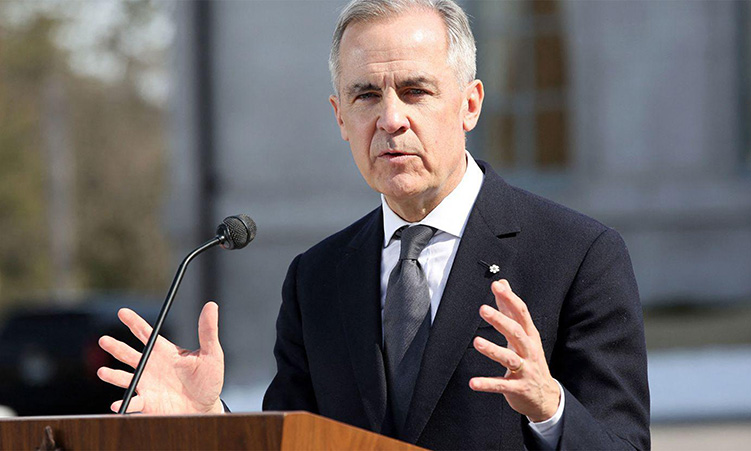Here we go again! Seven years after the World Food Programme helped save Robert Mugabe’s political bacon by unilaterally and unconditionally deciding to feed his starving people, the UN agency is making the same mistake: providing food aid with negligible conditions.
At the end of 2001, Zimbabwe’s leader was in trouble. Presidential elections were looming.The consequences of his land grab were becoming clear as the commercial farming sector began to collapse.After denying that hunger was imminent, Mugabe finally admitted that half a million Zimbabweans faced famine.At this point the WFP stepped in and announced a programme to feed the country – but with little consultation, with no warning, no public debate, and without an insistence on minimum conditions – such as an end to the land policy which exacerbated by drought created the crisis that donors sought to alleviate; or demanding that international monitors should accompany the food consignments.The outcome of the operation was predictable: food aid became institutionalised as the land grab continued, and the economy nose-dived.In the intervening years the WFP has fed an average of 4m Zimbabweans annually, and Robert Mugabe has been cushioned from the consequences of his disastrous policies.Seven years later, history repeats itself.Mugabe is fighting for his political life.Elections are imminent.And he has been forced to admit that his country is starving.But once again, help is at hand from the same source.In a statement last week the WFP announced that it plans to complete this month’s food distributions in Zimbabwe earlier than usual to avoid any overlap with the final run-up to the presidential and parliamentary elections on 29 March.In other words, in time for Mr Mugabe to use the resources of the state to distribute the food as it deems fit.The WFP claims that it has zero tolerance for political interference in the distribution of its food assistance, which is provided strictly according to need and without regard to political affiliation, a claim as pompous as it is hollow.For a start, it should be unacceptable to the WFP that reporters from the very countries who pay for the food should be banned from Zimbabwe.It is also unacceptable that election monitors from the Commonwealth and the European Union are similarly proscribed.Part of their job would be independently to assess the WFP claim that it has put in place a rigorous set of controls and procedures to ensure that there is no political interference in the food distribution exercise.No-one underestimates the UN agency’s predicament.What if Mr Mugabe, with characteristic bluntness, responds to a WFP attempt to impose conditions by telling the agency “go to hell”? What if he chooses to let his people starve rather than accept foreign reporters, and the presence of independent international monitors? But there is another question to ask in the same breath: if Mr Mugabe’s political life is in the balance, could these terms prove the straw that will break his back? If he agrees, the better the chance that democracy prevails on March 29th.If he refuses, might this tip the scales, already weighted by a collapsing economy, a brutish security regime and a corrupt ruling party, towards his overthrow? Selecting and applying the conditions that should accompany food assistance to Zimbabwe is no easy task.But the record of the WFP’s intervention suggests that the na*ve and unconditional generosity it has displayed to date has done long-term harm, whatever short term good.The TimesPresidential elections were looming.The consequences of his land grab were becoming clear as the commercial farming sector began to collapse.After denying that hunger was imminent, Mugabe finally admitted that half a million Zimbabweans faced famine.At this point the WFP stepped in and announced a programme to feed the country – but with little consultation, with no warning, no public debate, and without an insistence on minimum conditions – such as an end to the land policy which exacerbated by drought created the crisis that donors sought to alleviate; or demanding that international monitors should accompany the food consignments.The outcome of the operation was predictable: food aid became institutionalised as the land grab continued, and the economy nose-dived.In the intervening years the WFP has fed an average of 4m Zimbabweans annually, and Robert Mugabe has been cushioned from the consequences of his disastrous policies.Seven years later, history repeats itself.Mugabe is fighting for his political life.Elections are imminent.And he has been forced to admit that his country is starving.But once again, help is at hand from the same source.In a statement last week the WFP announced that it plans to complete this month’s food distributions in Zimbabwe earlier than usual to avoid any overlap with the final run-up to the presidential and parliamentary elections on 29 March.In other words, in time for Mr Mugabe to use the resources of the state to distribute the food as it deems fit.The WFP claims that it has zero tolerance for political interference in the distribution of its food assistance, which is provided strictly according to need and without regard to political affiliation, a claim as pompous as it is hollow.For a start, it should be unacceptable to the WFP that reporters from the very countries who pay for the food should be banned from Zimbabwe.It is also unacceptable that election monitors from the Commonwealth and the European Union are similarly proscribed.Part of their job would be independently to assess the WFP claim that it has put in place a rigorous set of controls and procedures to ensure that there is no political interference in the food distribution exercise.No-one underestimates the UN agency’s predicament.What if Mr Mugabe, with characteristic bluntness, responds to a WFP attempt to impose conditions by telling the agency “go to hell”? What if he chooses to let his people starve rather than accept foreign reporters, and the presence of independent international monitors? But there is another question to ask in the same breath: if Mr Mugabe’s political life is in the balance, could these terms prove the straw that will break his back? If he agrees, the better the chance that democracy prevails on March 29th.If he refuses, might this tip the scales, already weighted by a collapsing economy, a brutish security regime and a corrupt ruling party, towards his overthrow? Selecting and applying the conditions that should accompany food assistance to Zimbabwe is no easy task.But the record of the WFP’s intervention suggests that the na*ve and unconditional generosity it has displayed to date has done long-term harm, whatever short term good.The Times
Stay informed with The Namibian – your source for credible journalism. Get in-depth reporting and opinions for
only N$85 a month. Invest in journalism, invest in democracy –
Subscribe Now!










